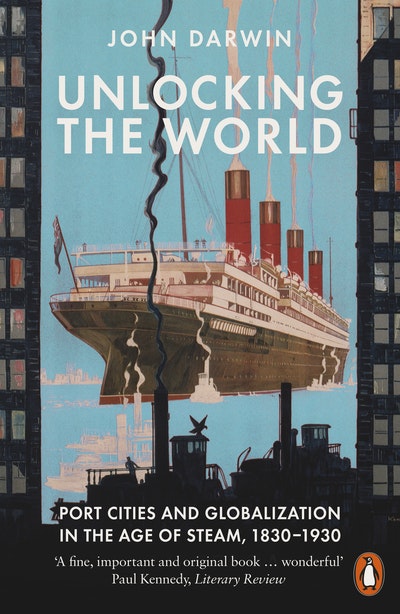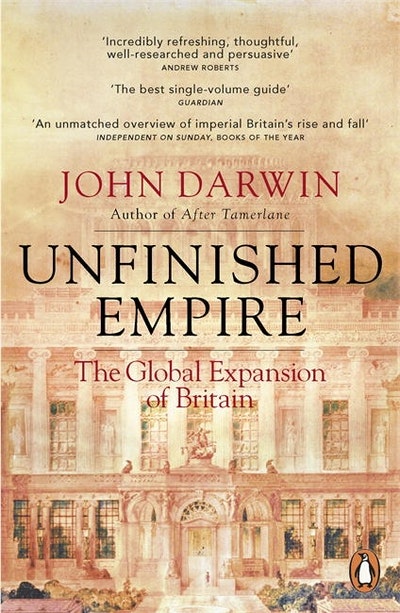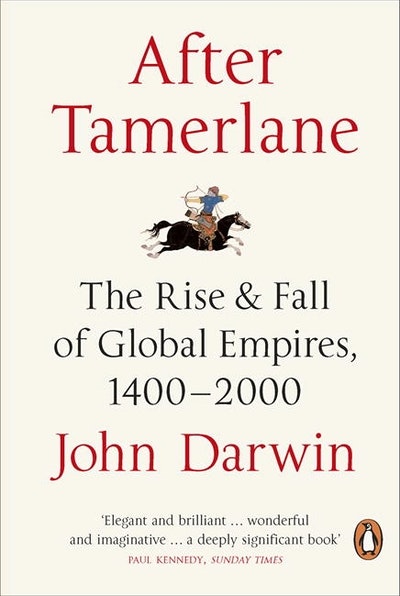[]
- Published: 17 May 2022
- ISBN: 9781846140877
- Imprint: Penguin Press
- Format: Paperback
- Pages: 496
- RRP: $30.00
Unlocking the World
Port Cities and Globalization in the Age of Steam, 1830-1930
Formats & editions
Buy from…
- Published: 17 May 2022
- ISBN: 9781846140877
- Imprint: Penguin Press
- Format: Paperback
- Pages: 496
- RRP: $30.00
Striking ... The work underlines how the past 50 years' surge of globalisation has built on the previous wave that started nearly 200 years ago ... A compelling picture of the societies that drove steam globalisation.
Robert Wright, Financial Times
In the great opening up of the world that is his subject, the port cities were the hinges ... an enjoyable synthesis of a large body of scholarship.
The Economist
A fine, important and original book ... wonderful.
Paul Kennedy, Literary Review




